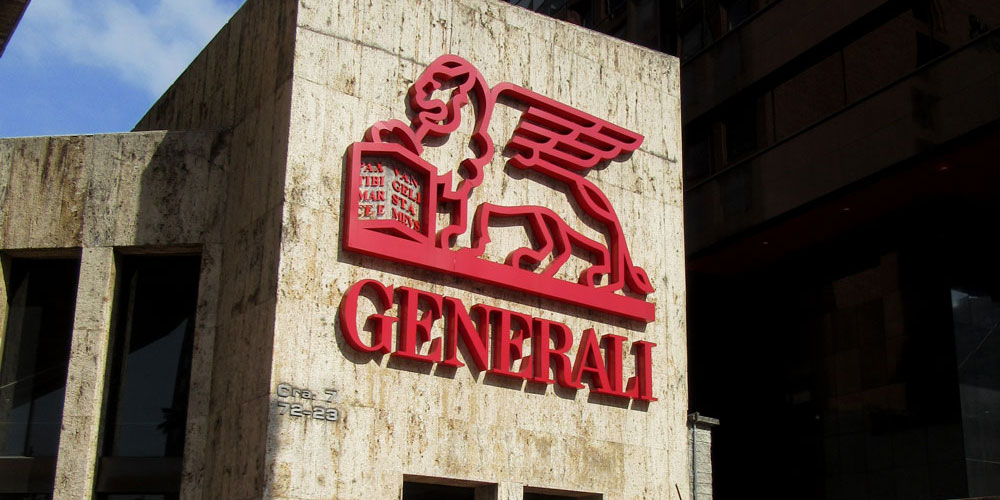One year after the last update of the group’s strategy on climate change, Assicurazioni Generali publishes news regarding its climate commitments, in particular for the oil and gas sector. There is significant progress on the most impactful activities but there are, however, some gaps and loopholes that weaken the commitments advanced in the new policy.

With regard to the group’s investments in the oil and gas sector, which as of January 1, 2022 amounts to $386 million[1], Generali extends its exclusion policy to a large part of the exploration and production activities (upstream) of unconventional oil and gas, thus improving the previous commitments providing for a progressive financial reduction only in the tar sands sector. With this new exclusions, Generali commits not to invest in fracking activities, one of the most harmful and dangerous extraction methods for humans and the environment, and in companies active in upstream oil and gas from the Arctic. Among the exclusions are also confirmed those relating to transport companies by pipeline (midstream) even if limited exclusively to tar sands and linked to a list of “controversial pipelines” of which the text of the policy does not provide any further indication in this regard.
About insurance products, Generali confirms its commitment not to insure companies linked to oil and gas exploration and production activities, both for conventional and unconventional activities, with the exception of insurance packages for companies in which less than 10% of the coverage offered is linked to oil and gas assets. It is an insurance policy that in the past civil society actors had already recognized among the best in comparison with the climate commitments made by the major insurance companies worldwide. However, there are important gaps that weaken the ambition of this commitment. Firstly, in the midstream sector, Generali does not include the Arctic and therefore gives the green light to the potential insurance coverage of oil and gas transport activities in one of the territories most threatened by global warming. Second, restrictions on insurance packages remain limited to assets and do not consider the companies that own and manage them.[2]
“Assicurazioni Generali should first of all align its investment activities with those of the insurance business, providing investments commitments that go beyond the unconventional sector” says Daniela Finamore, Finance & Climate campaigner at ReCommon. “In addition, the time has come for the group to be more ambitious and commit to interrupting insurance offering to those companies that, behind fake greenwashing plans in the name of ecological transition, continue to have expansion plans in the oil and gas sector.”
[1]The data, updated to 01.01.2022, were processed by ReCommon based on financial research conducted by Profundo B.V (http://www.profundo.nl/). For “oil and gas sector” the reference is to companies listed in the Global Oil&Gas Exit List https://gogel.org
[2] While referring to “customers involved” in both conventional and unconventional oil and gas exploration and production activities”, a specific footnote indicates that “The restrictions apply to oil & gas assets only and also cover facultative reinsurance as well as the Parent Company’s reinsurance treaties for the controlled Group Legal Entities.”
